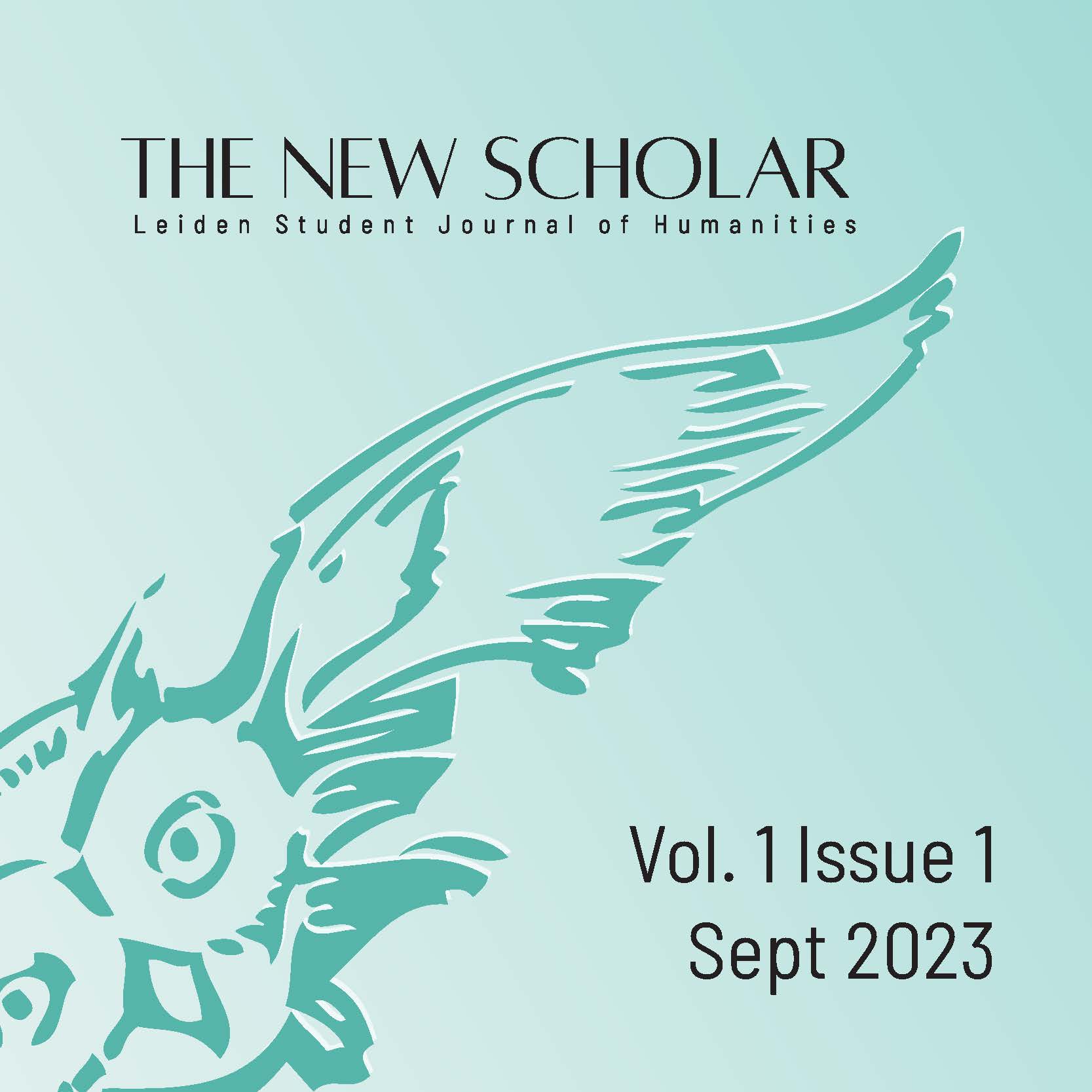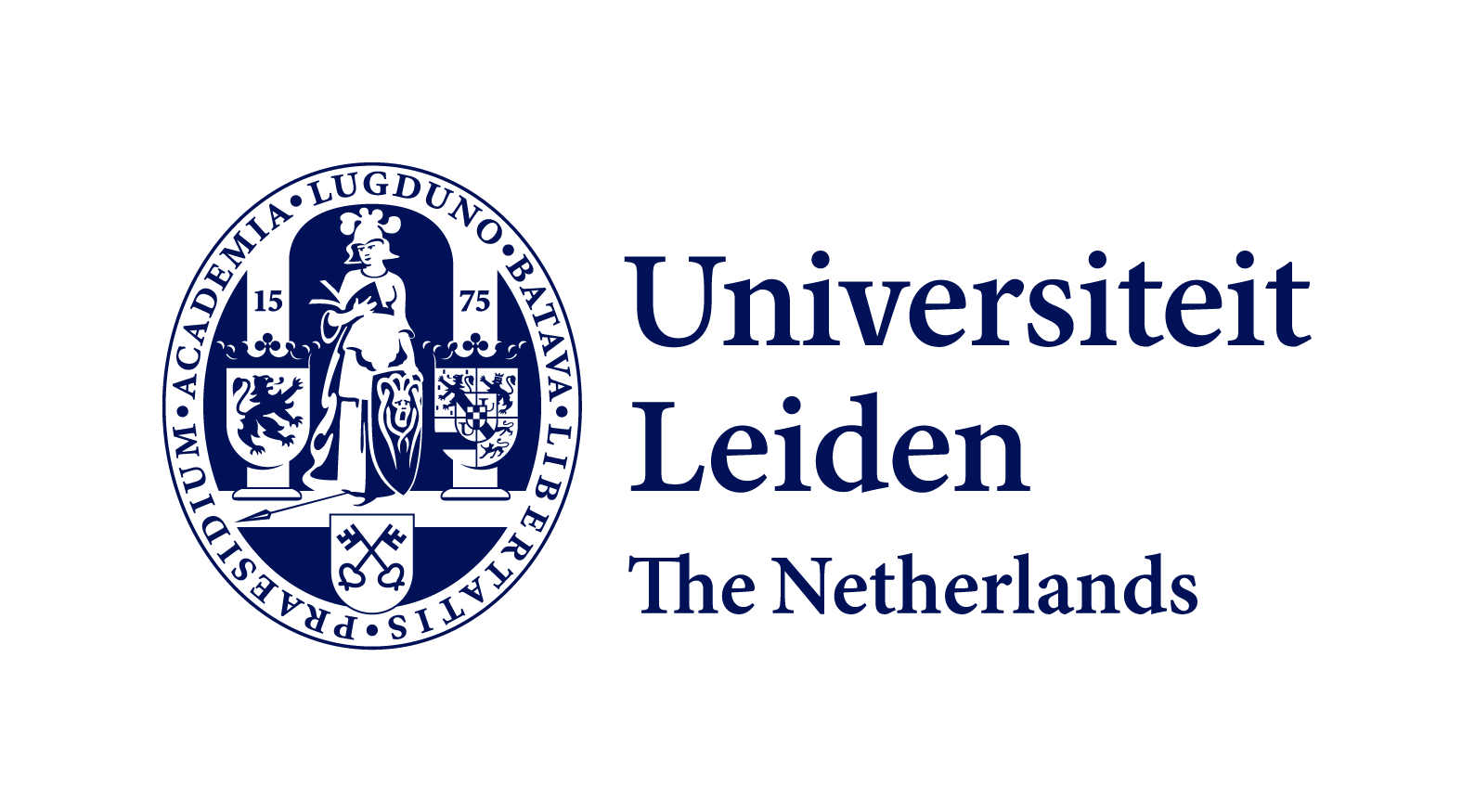Phenomenology and Historicism in the Study of Islamic Philosophy: The Significance of Corbin’s Approach
Keywords:
Henry Corbin, Phenomenology, Hermeneutics, Historicism, Metaphysics, Islamic Philosophy, Martin Heidegger, Mulla SadraAbstract
This essay concerns the significance of Henry Corbin’s methodology for the ‘Western’ study of Islamic philosophy and its relevance for the revival of traditional metaphysics in postmodernity. This methodology established itself as an alternative to the traditional scholastic and modern colonial approaches to the study of Islamic philosophy. Under the influence of Heidegger, Corbin developed a methodology wherein the inadequacies of modern historicism could be consummated into a reassessment of traditional metaphysics. The aim of this essay is to articulate the foundations and demonstrate the justifiability of Corbin’s approach. This is done for the purpose of elucidating how the metaphysics of Corbin and the Islamic Platonism from which he draws can contribute to the revitalization of contemporary Western philosophy. This essay thus constitutes an exploration of the problem of returning to traditional metaphysics through phenomenological hermeneutics and a corresponding mysticism.

Downloads
Published
Issue
Section
License
Copyright (c) 2023 Zane Leach

This work is licensed under a Creative Commons Attribution 4.0 International License.





